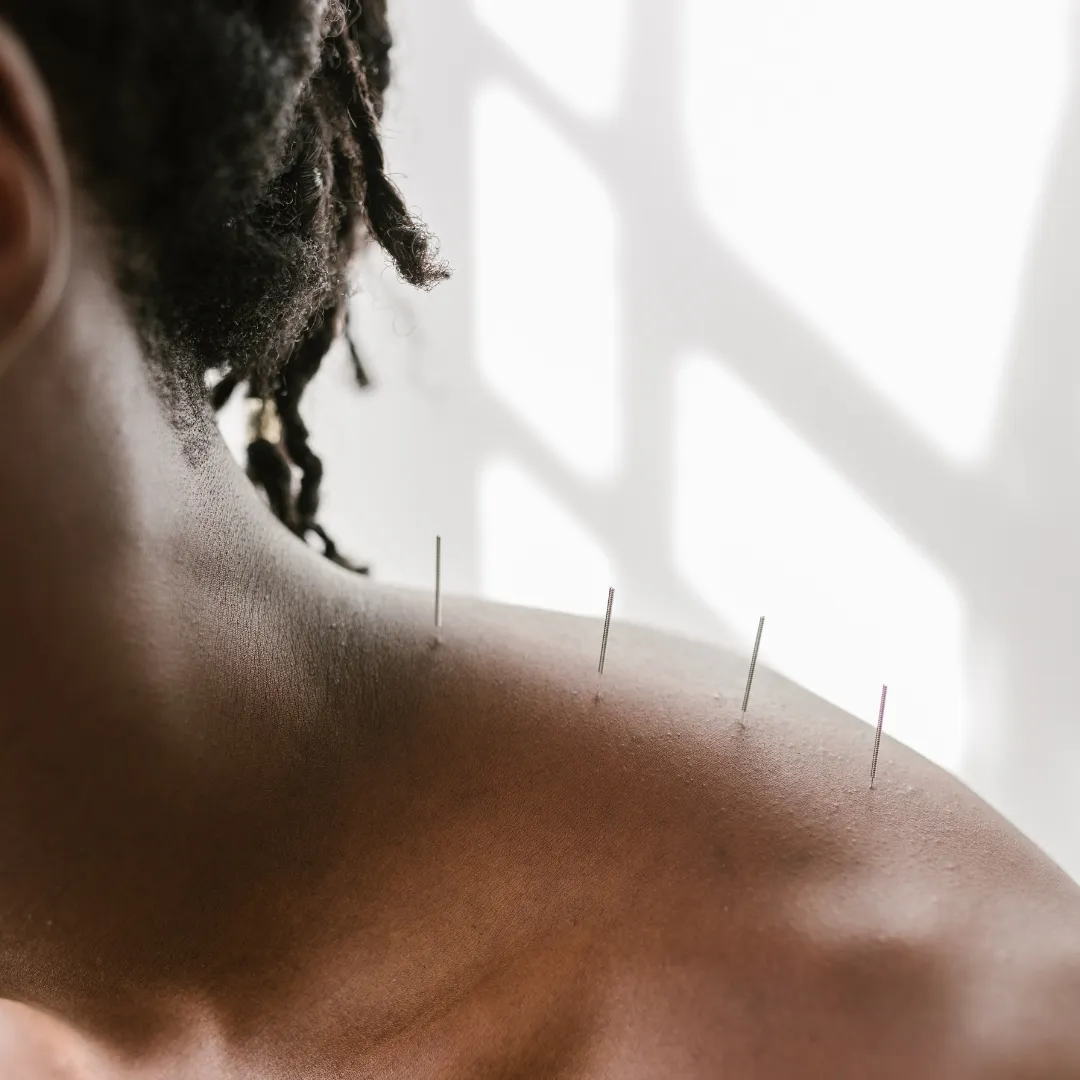
How Acupuncture Can Help With Insomnia
Can Acupuncture Help with Insomnia? Here’s What You Should Know
Introduction: Can Acupuncture Help You Sleep Better?
Many people have trouble sleeping. This is called insomnia. It can make it hard to:
Fall asleep
Stay asleep
Wake up feeling rested
When you don’t sleep well, it can affect your:
Mood
Energy
Focus
Overall health
Some people try acupuncture as a natural way to improve sleep.
In this blog, you’ll learn:
What acupuncture is
Why people use it for insomnia
How it may help improve sleep
What research says about its effects
What Is Acupuncture?
Acupuncture is a traditional treatment that has been used for thousands of years. It involves placing very thin needles on certain points of the body.
Here’s what you should know:
The needles are very small and usually don’t cause pain.
These points on the body are believed to help with healing and balance.
Acupuncture is used for many health issues, such as:
Pain relief
Stress reduction
Improving sleep
Boosting overall wellness
Many people try acupuncture because it is a natural, drug-free option for managing health problems.
Why Do People Try Acupuncture for Insomnia?
Many people who struggle with insomnia try acupuncture because they are looking for a natural way to sleep better.
Here’s why:
Acupuncture can help the body relax and calm the mind.
It may lower stress and anxiety, which are common reasons for poor sleep.
Some people feel very relaxed and sleepy after an acupuncture session.
It does not involve taking medications, which some people prefer to avoid.
Key point:
People often choose acupuncture because it feels relaxing and may help them fall asleep more easily.

How Does Acupuncture Help with Sleep?
Experts believe acupuncture may help improve sleep in a few different ways.
Here’s how it might work:
It may help the body release natural chemicals that promote sleep and relaxation.
It can improve blood flow and reduce muscle tension, helping the body feel more at ease.
Acupuncture may also help balance certain hormones that affect your sleep cycle.
Some people say they feel calmer and more rested after regular acupuncture sessions.
Key point:
Acupuncture may support better sleep by helping your body relax naturally.
What Does Research Say?
Researchers have studied how acupuncture affects sleep, and many studies show positive results.
Here’s what they found:
Acupuncture can help improve sleep quality.
People who had acupuncture often:
Fell asleep faster
Slept for longer hours
Woke up feeling more refreshed
Some studies suggest acupuncture works even better when combined with other treatments, like relaxation techniques or healthy lifestyle changes.
Key point:
Research shows acupuncture may help some people sleep better, especially when used regularly or along with other healthy habits.
Is Acupuncture Safe?
Many people wonder if acupuncture is safe to try. The good news is that acupuncture is generally safe when done by a trained professional.
Here’s what you should know:
The needles used are very thin and usually cause little to no pain.
Most people feel relaxed during and after the treatment.
Key point:
Acupuncture is considered safe for most people, but it’s always best to see a qualified and experienced practitioner.
Could Acupuncture Help You Sleep Better?
Acupuncture is a natural and relaxing option for people who struggle with insomnia. It may help:
Calm the mind
Reduce stress
Improve sleep quality
At Total Therapy London, we focus on safe and effective treatments to help you feel your best. If you’re tired of restless nights, acupuncture might be a great option for you.
Ready to try acupuncture for better sleep?
Book a session with our trained practitioners at Total Therapy London.
Have questions? Leave a comment below or get in touch—we’re happy to help!
If you found this post helpful, feel free to share it with others who may benefit.